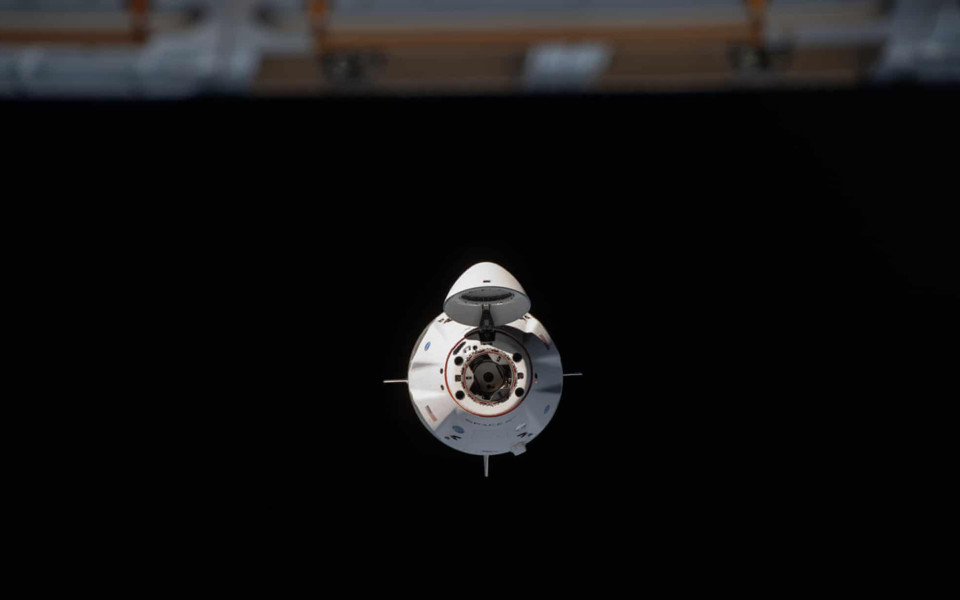The virus-free scientific breakthroughs of 2020, chosen by scientists
The response to Covid-19 has been momentous but discoveries in AI, diet, conservation, space and beyond, show the power of science to improve the world post-pandemic
Genome-editing technology
This year finally saw the Nobel prize for chemistry awarded to Emmanuelle Charpentier and Jennifer A Doudna for their discovery of the Crispr/Cas9 genome-editing technology. Crispr/Cas9 was originally a bacterial immune system, detecting and destroying specific genetic sequences transmitted by viruses infecting bacteria.
Subsequent to its first description by Charpentier and Doudna in 2012, researchers around the globe rapidly realised the revolutionary potential of this system: instead of targeting viral DNA, Crispr/Cas9 could be repurposed to precisely home in on any location in the genome of almost any organism, specifically cutting and modifying the genome for an increasingly diverse range of applications.
The versatility and ease of use of this technology made it possible to genetically engineer organisms that had long been inaccessible to the traditional tools for genetic manipulation.


